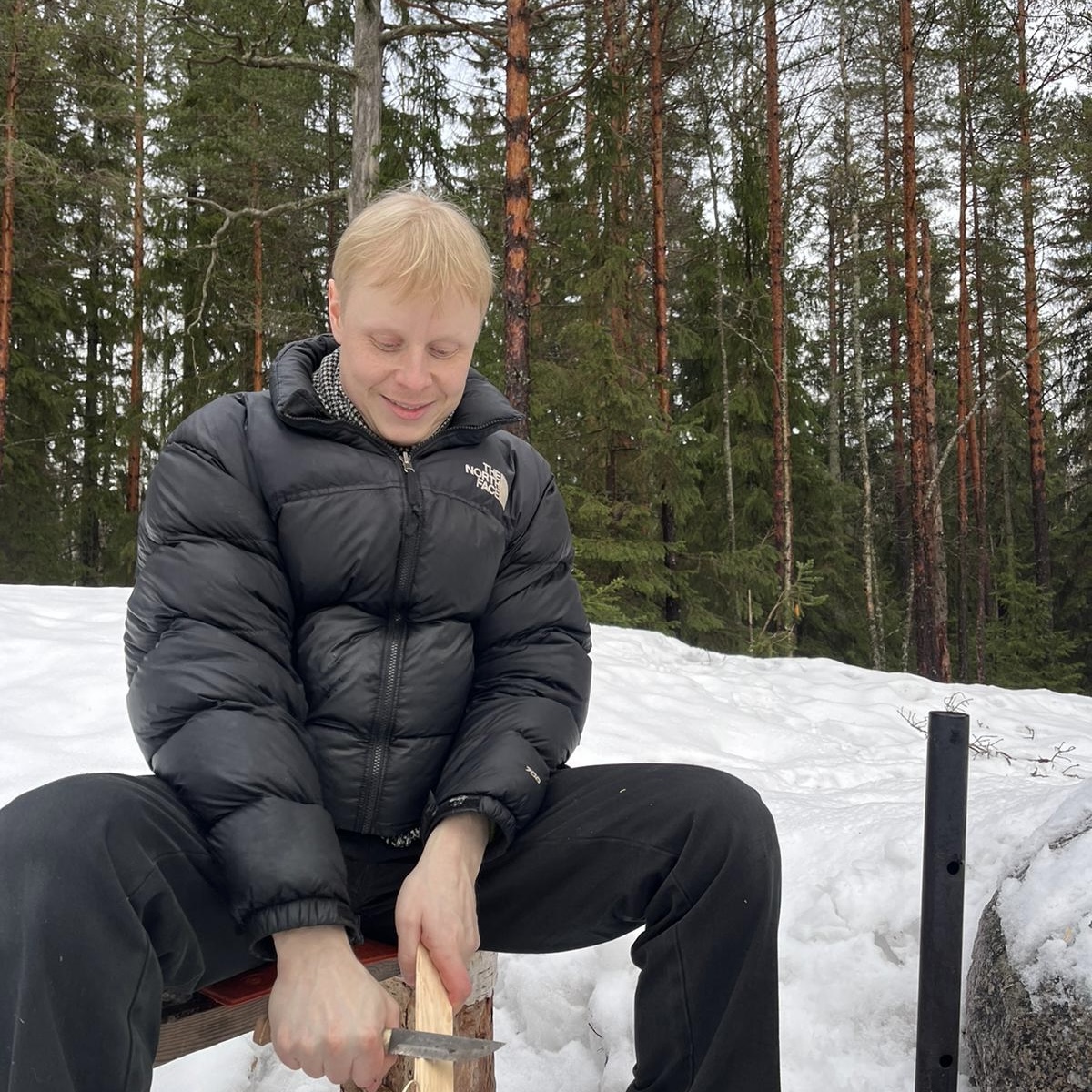Quality assurance work is needed also for promoting ecological sustainability
Our quality assurance system is audited in the spring of 2024. During the project, this blog series will introduce quality management and its audit at the university.
Why is the university’s ecological sustainability being reviewed now, project manager Teemu Sorsa?

For its optional evaluation area in the audit, Uniarts Helsinki selected the quality management of ecological sustainability. With the help of the audit, we want to make sure that our processes, structures and quality system support our ambitious goals in the area of ecological sustainability. When writing our self-assessment report, we got to come together and reflect on what kinds of practices can help us ensure that Uniarts Helsinki’s ecological sustainability is developed now and in the future. The advantage of undergoing an audit by an external operator is that we can become aware of development needs and “blind spots” in our practices that we otherwise would not have noticed.
In our self-assessment report for the quality audit, we explained how one of the six main goals of Uniarts Helsinki’s strategy is that art is part of the solution to the ecological sustainability crisis. In accordance with our strategy, in the future, we will include knowledge of ecological sustainability issues and sustainable practices more widely than before in our multidisciplinary teaching, research and artistic activities. We will also reduce our use of natural resources and emissions to a sustainable level so that our operations are carbon neutral by 2030.
Uniarts Helsinki’s environmental programme elaborates on the strategy and talks about it in more concrete terms, and it states a plan on how we will reach our strategic goals. The compiling and implementation of the environmental programme has been coordinated and supported by the Strategic Ecological Sustainability Project in 2021–2024.
Securing everyone’s possibilities of living on this Earth and changing our habits so that they are more environmentally sustainable is something we all must do. That is why it is wonderful that the environmental programme has helped Uniarts Helsinki to clarify its direction towards becoming a part of the sustainability transition. The role of art and arts education in this transition is, in particular, to enable the birth of new, sustainable and sustainability-furthering ways of thinking, doing and experiencing. At the same time, we, too, must come up with new operating models for education and art-making that do not damage the climate or exhaust our natural resources to an unreasonable extent.
In our self-assessment report, we described the processes related to managing, assessing and developing ecological sustainability and how quality assurance work related to ecological sustainability is integrated as part of the existing processes of Uniarts Helsinki. We also wrote down some of the strengths and development areas we recognised in the area of ecological sustainability. As our strengths, we mentioned that we have a clear target stated in the strategy and in the environmental programme and that the implementation and monitoring of the environmental programme is part of the operations management process. As our development areas, we mentioned strengthening the development of ecological sustainability in the context of core operations, i.e. teaching, research and artistic activities, establishing sustainability as part of various aspects of everyday activities and securing sufficient resources for the development and maintenance of ecological sustainability. Selecting ecological sustainability as the optional audit target shows that the Uniarts Helsinki management is committed to developing environmental sustainability at Uniarts Helsinki, which is aligned with the theme’s high strategic prioritisation. Goals, processes, structures or audits cannot do the work for us, however. Clear procedures that we describe in our self-assessment report are the context that enables everyday development work and the promotion of environmental sustainability in practice. For this work, we need a wide group of community members representing the management, academic staff, students and service personnel alike.
Puheenvuoroja taiteesta ja yhteiskunnasta
Tässä blogissa yhteisömme jäsenet nostavat esiin ajankohtaisia aiheita taidekentältä ja yhteiskunnasta.
Uusimmat julkaisut
Seuraa blogia